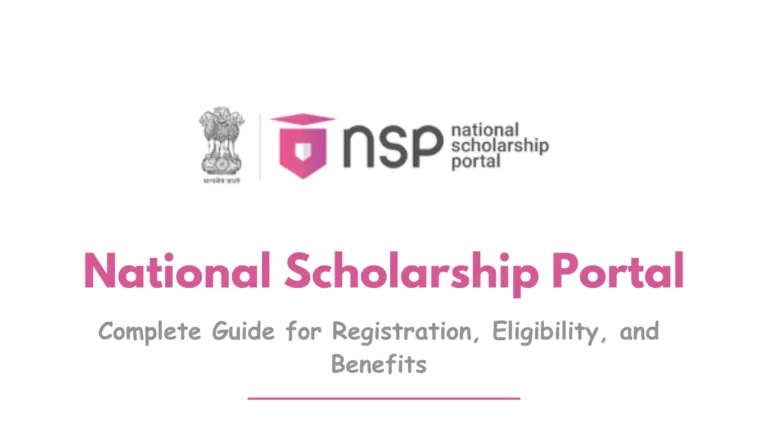Should You Apply to College If Your Grades Aren’t Good? Here’s What You Need to Know
Should You Apply to College If Your Grades Aren’t Good? The question of whether to apply to college with less-than-stellar grades can feel overwhelming. After all, grades are often seen as the golden ticket to higher education. But here’s the truth: while grades matter, they’re not the only thing that matters. Colleges are increasingly looking for well-rounded individuals who bring more to the table than just a high GPA. So, if your academic record isn’t perfect, don’t count yourself out just yet. Let’s explore how you can still make a strong case for yourself and achieve your college dreams.
By focusing on extracurriculars, crafting a compelling personal essay, securing strong recommendation letters, and exploring alternative pathways, you can create a standout application. Whether it’s through community colleges, trade schools, or test-optional policies, there are countless ways to pursue your educational goals—even if your grades aren’t ideal. Your future isn’t defined by a number; it’s shaped by your determination, resilience, and willingness to grow. So, take the first step and start building the future you deserve.
Apply to College Grades Aren’t Everything: The Power of a Holistic Application
Colleges aren’t just looking for students who excel academically—they’re looking for individuals who will contribute to their campus community in meaningful ways. This is where the concept of a holistic application comes into play. A holistic review means colleges consider your entire profile, including:
- Extracurricular activities: Leadership roles, sports, clubs, or volunteer work show your passions and commitment.
- Personal essays: Your story, challenges, and growth can set you apart.
- Recommendation letters: Teachers, mentors, or employers can vouch for your character and potential.
- Standardized test scores: While important, many schools are now test-optional.
- Life experiences: Overcoming adversity or pursuing unique interests can make your application stand out.
If your grades aren’t your strongest suit, this is your chance to shine in other areas. Think of your application as a puzzle—grades are just one piece. The rest is up to you to fill in with your unique strengths and experiences.
How to Strengthen Your College Application
- Focus on Your Extracurriculars
Did you lead a club, volunteer in your community, or work a part-time job? These experiences demonstrate skills like leadership, time management, and dedication—qualities colleges value. Be sure to highlight how these activities have shaped you and prepared you for college. - Write a Compelling Personal Essay
Your essay is your chance to tell your story. Instead of focusing on your grades, write about a challenge you’ve overcome, a passion you’ve pursued, or a moment that changed your perspective. Be authentic, reflective, and specific. A well-crafted essay can leave a lasting impression. - Secure Strong Recommendation Letters
Choose recommenders who know you well and can speak to your strengths. Whether it’s a teacher, coach, or employer, ask them to highlight your work ethic, character, and potential. A glowing recommendation can help balance out a weaker GPA. - Consider Test-Optional Schools
Many colleges have adopted test-optional policies, meaning you don’t have to submit SAT or ACT scores. If your grades aren’t strong, this can level the playing field. Research schools that align with your strengths and interests. - Show Improvement Over Time
If your grades improved over the years, make sure to highlight this upward trend. Colleges appreciate students who demonstrate growth and resilience. Use your application to explain any challenges you faced and how you worked to overcome them.
Alternative Paths to Success
If traditional four-year colleges feel out of reach, don’t despair. There are plenty of alternative pathways to achieve your goals:
- Community Colleges: These institutions offer affordable tuition, smaller class sizes, and transfer programs to four-year universities. They’re a great way to improve your academic record before transferring.
- Trade Schools and Vocational Programs: If you’re passionate about a specific career, trade schools can provide hands-on training and direct pathways to employment.
- Gap Years: Taking a year off to work, travel, or volunteer can give you time to build skills, gain experience, and strengthen your application.
Remember, there’s no one-size-fits-all approach to education. What matters most is finding a path that aligns with your goals and strengths.
Financial Aid and Scholarships: Yes, You Can Afford It
Worried about paying for college? Don’t let finances hold you back. There are countless scholarships and financial aid options available, many of which don’t require a perfect GPA. Look for:
- Need-based aid: Grants and loans based on your financial situation.
- Merit-based scholarships: Awards for unique talents, leadership, or community service.
- Work-study programs: Opportunities to earn money while gaining experience on campus.
Start your search early and apply to as many scholarships as possible. Every dollar counts!
Frequently Asked Questions
1. Can I still get into college with bad grades?
Absolutely. Many colleges take a holistic approach to admissions, meaning they consider more than just your GPA. Focus on showcasing your strengths in other areas.
2. What if I don’t have strong extracurriculars?
It’s never too late to get involved. Start volunteering, join a club, or take on a part-time job. Even small commitments can make a big difference.
3. Should I explain my low grades in my application?
If there’s a valid reason (e.g., illness, family issues), briefly explain it in your essay or additional information section. Focus on how you’ve grown from the experience.
4. Are community colleges a good option?
Yes! Community colleges are affordable, flexible, and often have transfer agreements with four-year universities. They’re a great way to start your academic journey.
5. How can I improve my chances of getting accepted?
Highlight your strengths, write a compelling essay, and seek strong recommendation letters. Show colleges why you’re a great fit for their community.
Final Thoughts: Your Future Is in Your Hands
Applying to college with less-than-perfect grades may feel like an uphill battle, but it’s far from impossible. Colleges are looking for students who are passionate, resilient, and ready to contribute to their community. By focusing on your strengths, telling your story, and exploring all your options, you can create a compelling application that opens doors to your future.
Remember, your grades don’t define you. What matters most is your determination, your willingness to grow, and your ability to seize opportunities. So, take a deep breath, put your best foot forward, and go after the future you deserve. Your college dreams are still within reach—you just have to believe in yourself and take the first step.






